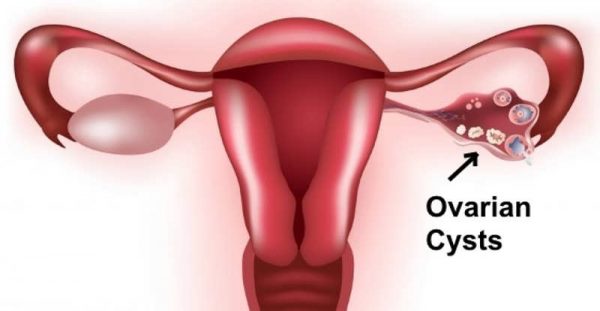When to Seek Medical Help
Consult a healthcare provider if you experience:
- Severe or persistent pelvic pain
- Abnormal bleeding or spotting
- Symptoms that interfere with daily activities
- Sudden or severe abdominal pain
What if I want to get pregnant?
If you want to get pregnant and have been diagnosed with an ovarian cyst, it’s essential to consult a skilled gynecologist like Dr. Pratima Poddar, who provides expert guidance and treatment for women planning pregnancy. Many ovarian cysts are harmless and do not affect fertility. However, some may require treatment if they interfere with ovulation or cause complications. Dr. Pratima Poddar, known as the best gynecologist in Jaipur, offers personalized care to support your fertility goals, including minimally invasive procedures and hormonal therapies if needed. With her expertise, you can safely manage ovarian cysts while enhancing your chances of a healthy pregnancy.
Get Best Cyst Removal Surgery in Jaipur: Expert Care and Management
For safe and effective management of ovarian cysts, trust Dr. Pratima Poddar, renowned as the best ovarian cyst doctor in Jaipur. Whether you’re seeking relief from symptoms or planning for pregnancy, Dr. Pratima Poddar provides the most advanced and compassionate care tailored to your needs. Don’t let ovarian cysts affect your health or fertility—get the best ovarian cyst treatment in Jaipur today and take the first step towards a healthier, happier future!

